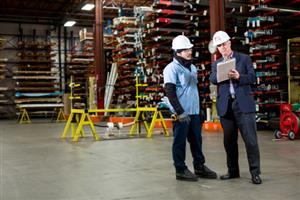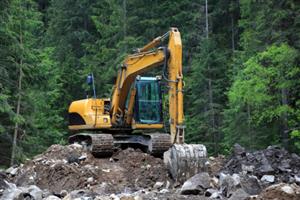
Whether you are acquiring a new business, expanding your capital asset requirements or restructuring debt, searching for available financing is a critical part of the process. In any of these cases, if your operation includes machinery & equipment, obtaining a current asset valuation will be an important step. An equipment appraisal will help document your business' assets, adjust the depreciated values on your balance sheet to realistic market data and assist potential lenders in getting your credit approved.
Here are some other benefits of having a current machinery valuation completed for financial service providers and equity investors:
An equipment appraisal provides verification of your company s existing assets. If you have equipment with existing loans & liens associated with them, the lender/investor can use the information provided in the appraisal to determine how much equity you may or may not have accrued. The appraisal also estimates the current market value of the machinery instead of relying on an internal pre-determined depreciation schedule that likely will not show an accurate picture of your business' financial health.
The appraisal supports the value of the machinery you are purchasing or refinancing. When you are considering used equipment, it can be difficult to find an objective source to assist in understanding the marketplace and how it reflects back on your business . An equipment appraiser is an unbiased third party, with no stake in the larger transaction, and therefore, is relied upon as a credible service provider by all lending institutions.
An equipment valuation can provide this same information to related third parties such as insurance agents and property tax assessors so that you're receiving adequate coverage and not overpaying your share of taxes. This also assists the lending institutions who want to be confident they are covered in the event of any casualty loss.
Financial institutions also work with government lenders such as the Small Business Administration, who have their own set of requirements for approving loans. If you qualify for these beneficial programs, it is important to ensure you can meet these requirements for a small business loan, whether you are just starting out, expanding your company or to help with a temporary cash flow situation.
By keeping these circumstances in mind, having a machinery and equipment appraisal performed by a qualified machinery appraiser will make your financing collateral review process go much more smoothly. Make sure the equipment appraiser is a member of the American Society of Appraisers and is current with the Uniform Standards of Professional Appraisal Practice (USPAP), which requires certified updates every two years.



